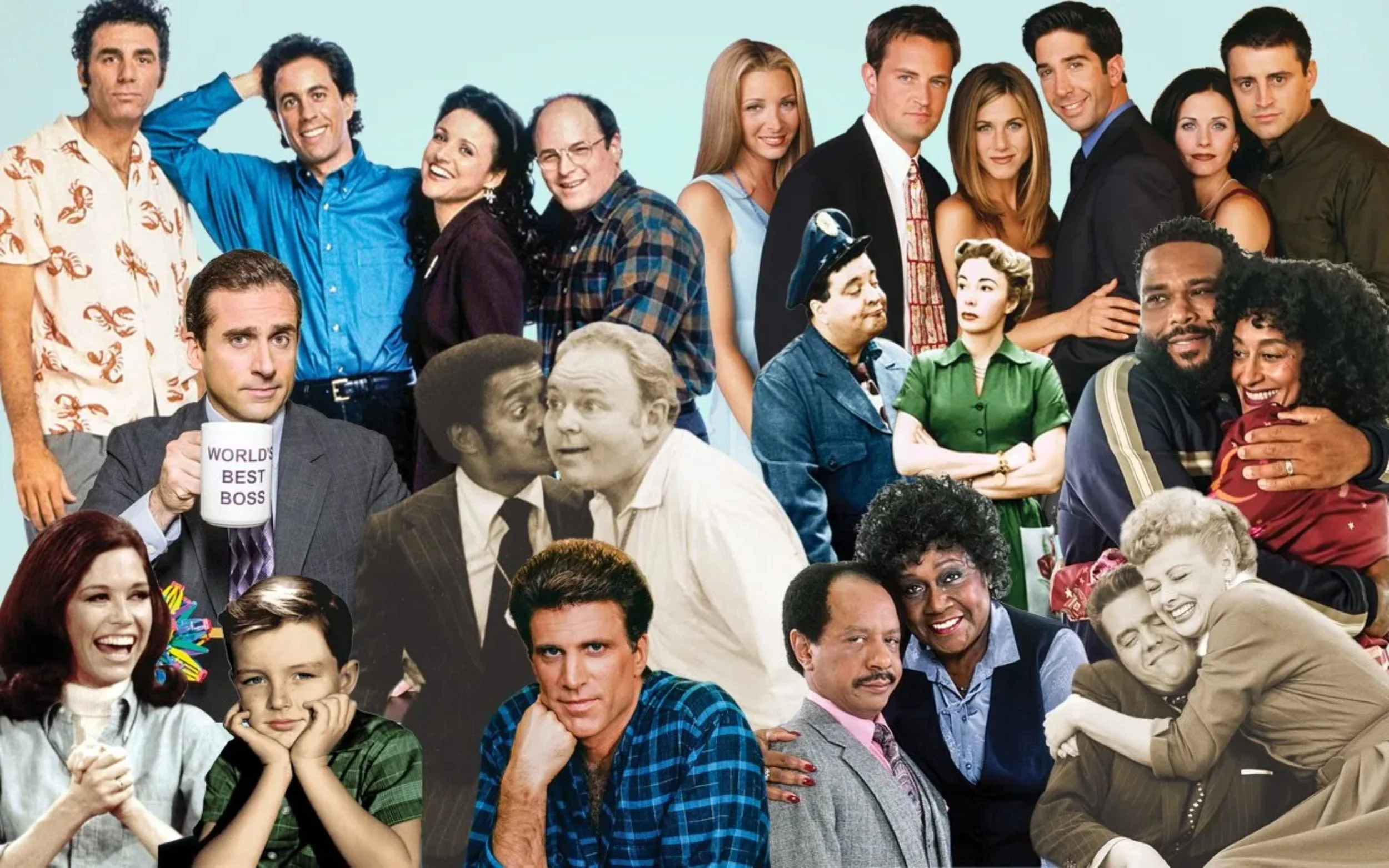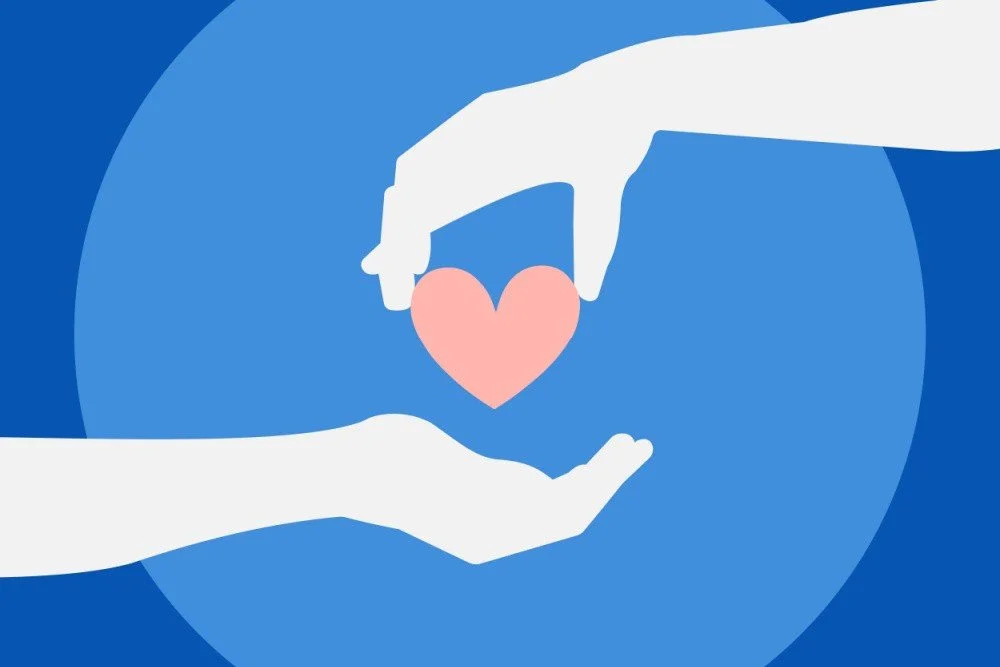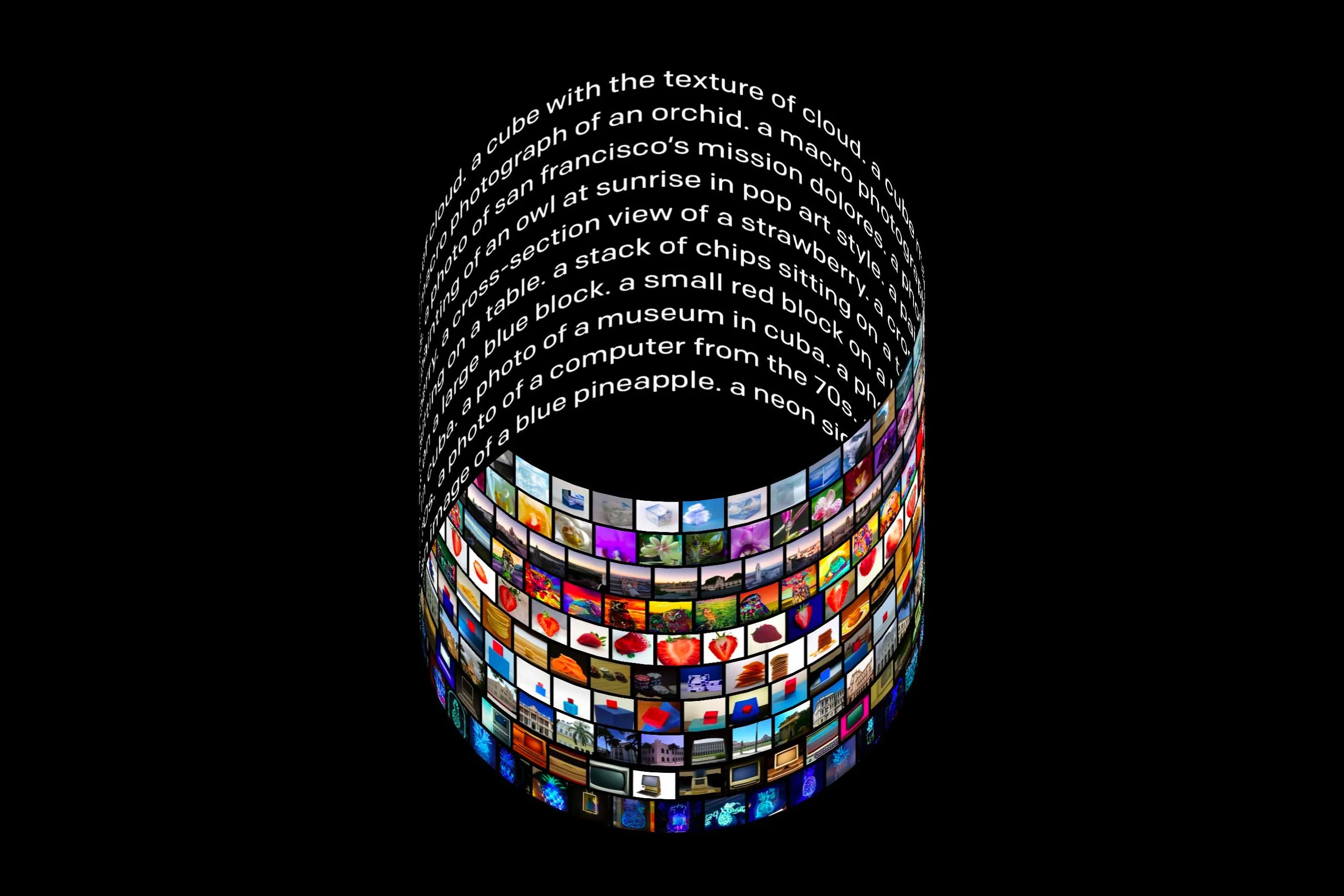 For many arts organizations out there right now, this is how we seem to be calculating the ROI for Social Networking and Media. Everyone seems to be groping in the dark to boil down a simple monetary answer to this question of, "What is *your organization here*'s return on investing in Social Media?"
For many arts organizations out there right now, this is how we seem to be calculating the ROI for Social Networking and Media. Everyone seems to be groping in the dark to boil down a simple monetary answer to this question of, "What is *your organization here*'s return on investing in Social Media?"
While there are solid(ish) ROI calculators for Social Networking out there, and they do provide cells for number of friends added, and amount of donors added to your email lists vs. amount of volunteer/employee time and money spent, I feel like somehow they all miss the point.
Yes it is nice to have quantifiable data to back up the decision to dedicate precious and dwindling time and money to a project. However, the main source of return from social media simply isn't quantifiable. We're talking about trying to quantify human interaction and communication. And we are also talking about laying the groundwork to adapt to how the world is changing, and how our audiences are staying informed/using the internet. The worth of these tools, and the time spent cultivating relationships with our audiences does not exactly have a set monetary value.
We can begin by monitoring click through rates, and number of new "friends" on Facebook and weighing this against how much time and money is being spent, but this doesn't exactly give a complete picture of what is going on.
If an organization is really committed to utilizing social networking not just for marketing and revenue generation, but for communicating and engaging their target audience and creating a community of individuals that are interested in the core values and beliefs of that organization then how on earth can they boil that down to a Return On Investment.
As of right now, the amount of direct donations that non profits are receiving from their social network sites is arguably marginal. Admittedly there are some outliers who are able to generate significant returns from their social networks, the Brooklyn Museum's 1stfans springs to mind. However, as a communication tool for promotion and engagement, a method of gathering email-ing lists, and for managing and maintaining positive feedback about the organization, social networks are proving to be invaluable pretty much across the board.
The overwhelming problem of course is that once your organization has developed this online social network, simply having a static page isn't enough. A Facebook page is less a Billboard than it is a Soapbox, so you have to treat it like one. It might be ok for your organization to have an unpaid intern managing some of your social media because they are by and large in the Heavy User demographic and know all the ins and outs, but without some sort of direct executive insight and direction you now have a 20-something basically dictating the brand identity of your organization and running a large part of your marketing department.
So I guess that's another way of looking at the ROI, what would happen with no investment of time and resources? The whole "If not X" senario. As the world slowly begins to adopt social networking as a standard means of communication and the source for their daily information, we may see an increase to the direct donations to organizations through these social networks. I mean, if politicians (read old rich people) are already doing it, then how far behind the curve are we if we aren't?





